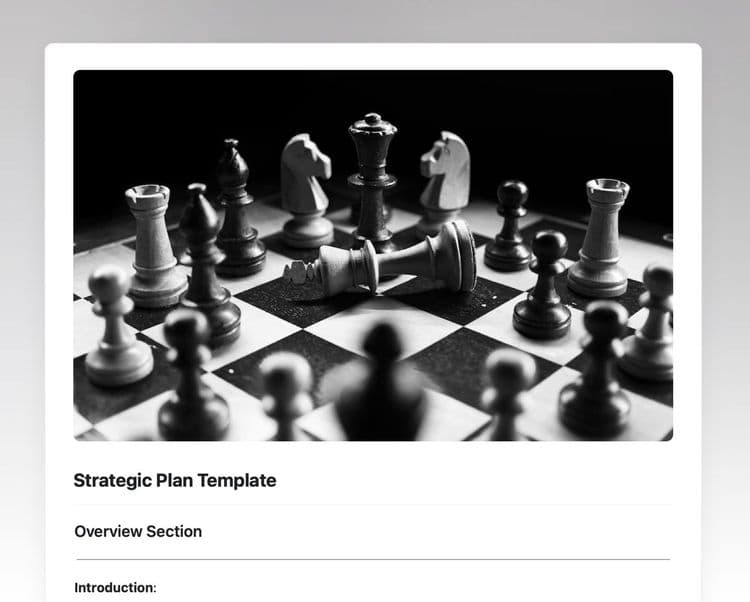When it comes to fostering open communication within your company, few tools are as effective as a town hall meeting. It's a valuable forum where the leadership team can connect with employees, share vital updates, and engage in meaningful dialogue. In this article, we'll explore the town hall meeting agenda, its key components, and why it's an indispensable tool for your organization.
What is a town hall meeting?
A town hall meeting (also known as an All Hands Meeting) is a structured gathering within an organization where leadership engages with employees to discuss important updates, share information, and encourage open dialogue. It serves as a platform for two-way communication, allowing employees to ask questions, express concerns, and receive direct responses from leadership. These meetings promote transparency, alignment with company goals, and a sense of community, fostering a more informed and engaged workforce.
The benefits of a town hall meeting
- Enhanced communication: In today's fast-paced business environment, effective communication is paramount. Town hall meetings offer a direct line of communication from leadership to employees, creating a channel for conveying important messages, updates, and strategic directions. This transparency in communication helps build trust within the organization. Employees appreciate knowing that their leaders are willing to share information openly, which can lead to improved morale and a stronger sense of belonging.
- Employee engagement: Employee engagement is more than just job satisfaction; it's about emotional commitment to the organization's goals and values. Town hall meetings provide a platform for leaders to connect with employees on a personal level, making them feel valued and heard. Engaged employees are more likely to go the extra mile in their work, leading to increased productivity and overall job satisfaction. They also tend to stay with the company longer, reducing turnover rates.
- Alignment: A common challenge in large organizations is ensuring that all employees are aligned with the company's mission and vision. Town hall meetings serve as a forum for leaders to reiterate and reinforce these core principles. When employees understand and identify with the organization's purpose, they are more likely to work cohesively towards shared objectives. This alignment helps prevent silos and promotes a unified approach to achieving company goals.
Key components of a town hall meeting agenda
- Company updates:
- This section is dedicated to sharing important company announcements and information. It may include updates on upcoming projects, feature changes, recent insights, and industry trends. It serves to keep employees informed about the company's progress and direction.
- Metrics/state of the company (optional):
- Depending on the frequency of town hall meetings, there is an optional section where you can report on the performance of the company. This might include key performance indicators (KPIs), financial performance, user growth, and other relevant metrics.
- Presentations:
- The presentations section provides an opportunity for team members to showcase their work to the wider company. It allows for recognition of achievements and educates the company on various ongoing team projects and initiatives. It’s encouraged to have several presentations from different areas of the company.
- Q&A:
- The Q&A session is a vital component that encourages employees to ask questions related to the meeting's content or any other company-related matters. It promotes openness and transparency by providing a platform for direct interaction between employees and leadership.
Why town hall meetings matter
Town hall meetings are crucial for organizations as they promote transparency and engagement, benefiting both employees and leadership. Employees gain insights into company updates, express concerns, and connect with leadership, therefore enhancing their overall engagement. Leadership, in turn, can communicate their vision, gather feedback, and align the team with organizational goals. These meetings foster open communication and collaboration, driving success and employee satisfaction.
Unlock the advantages of our town hall meeting agenda and take a step toward hosting more effective and engaging meetings within your organization. Give the template a try for yourself and see the difference in the way your company communicates.





